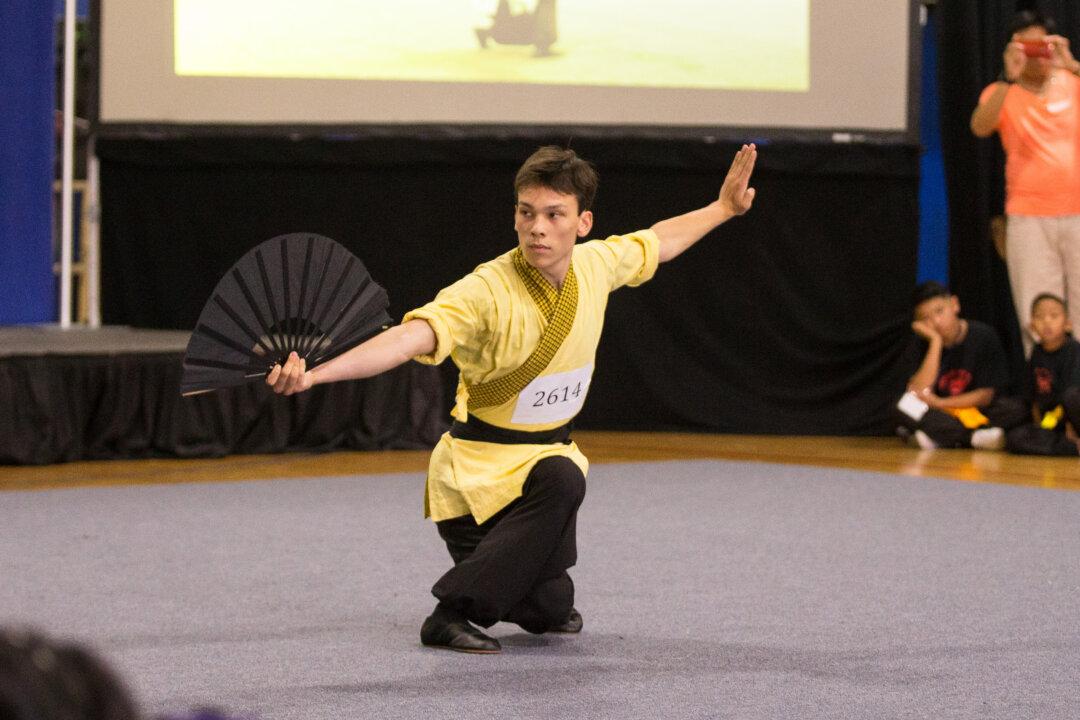China has over 350 million gamers—more than the entire American population. Not surprisingly, among them are also millions of addicts, the victims of a plague that state media has called a “Third Opium War” after the conflicts that imperial China fought—and lost—to eliminate the narcotic from its borders.
Legions of distraught parents have been trying all kinds of ways to get their children off the “electronic heroin” that the state claims affects of four in five Chinese youth.
From electroshock therapy meant to “clear the mind” to hackers hired to ruin a child’s gaming experience and even more extreme measures, read below to discover the lengths to which some Chinese will go to stamp out the scourge of internet addiction.

Picture taken on December 7, 2010 shows a woman walking past a billboard showing characters of an Chinese-developped online multiplayer video game.
PHILIPPE LOPEZ/AFP/Getty Images
PHILIPPE LOPEZ/AFP/Getty Images





